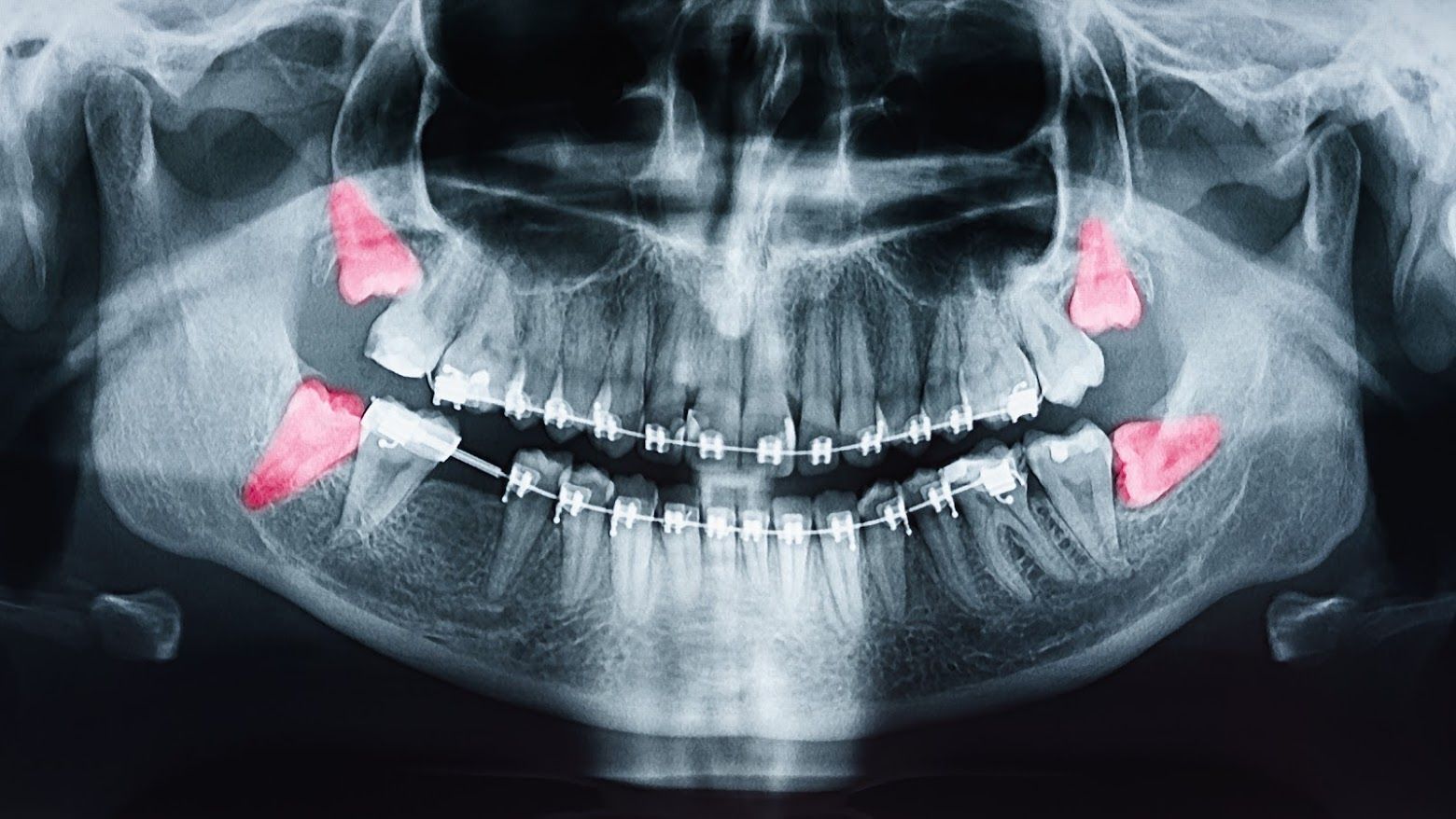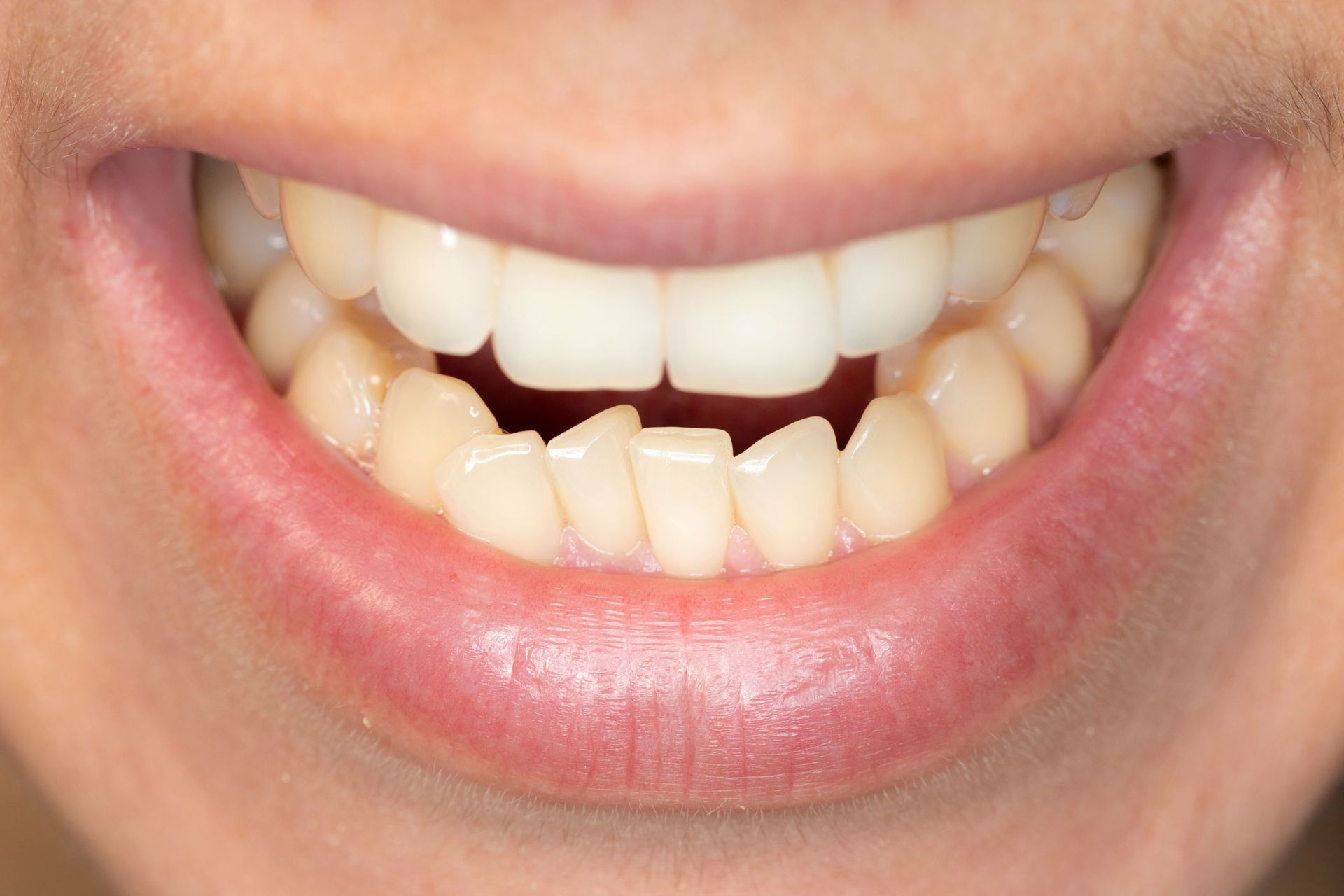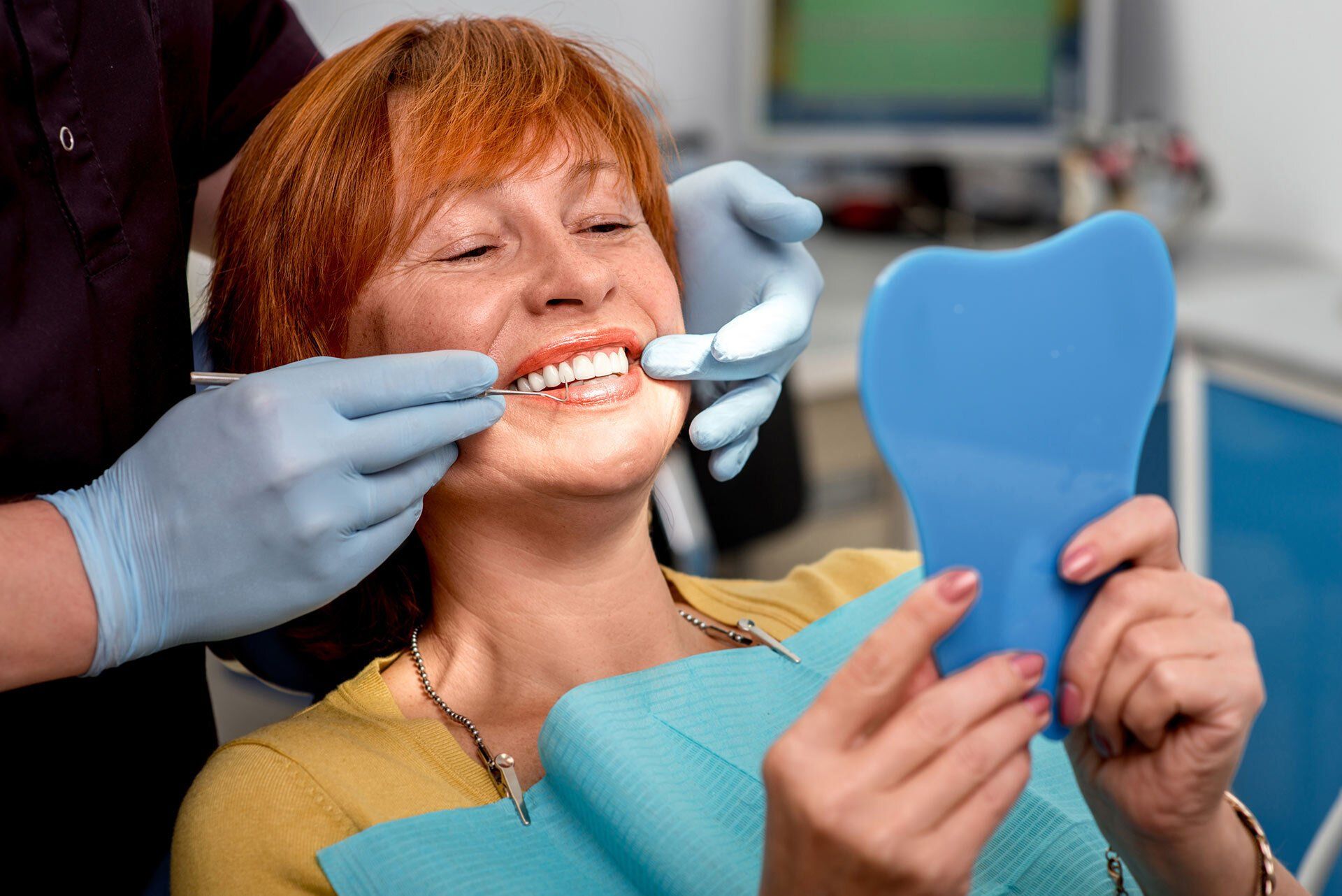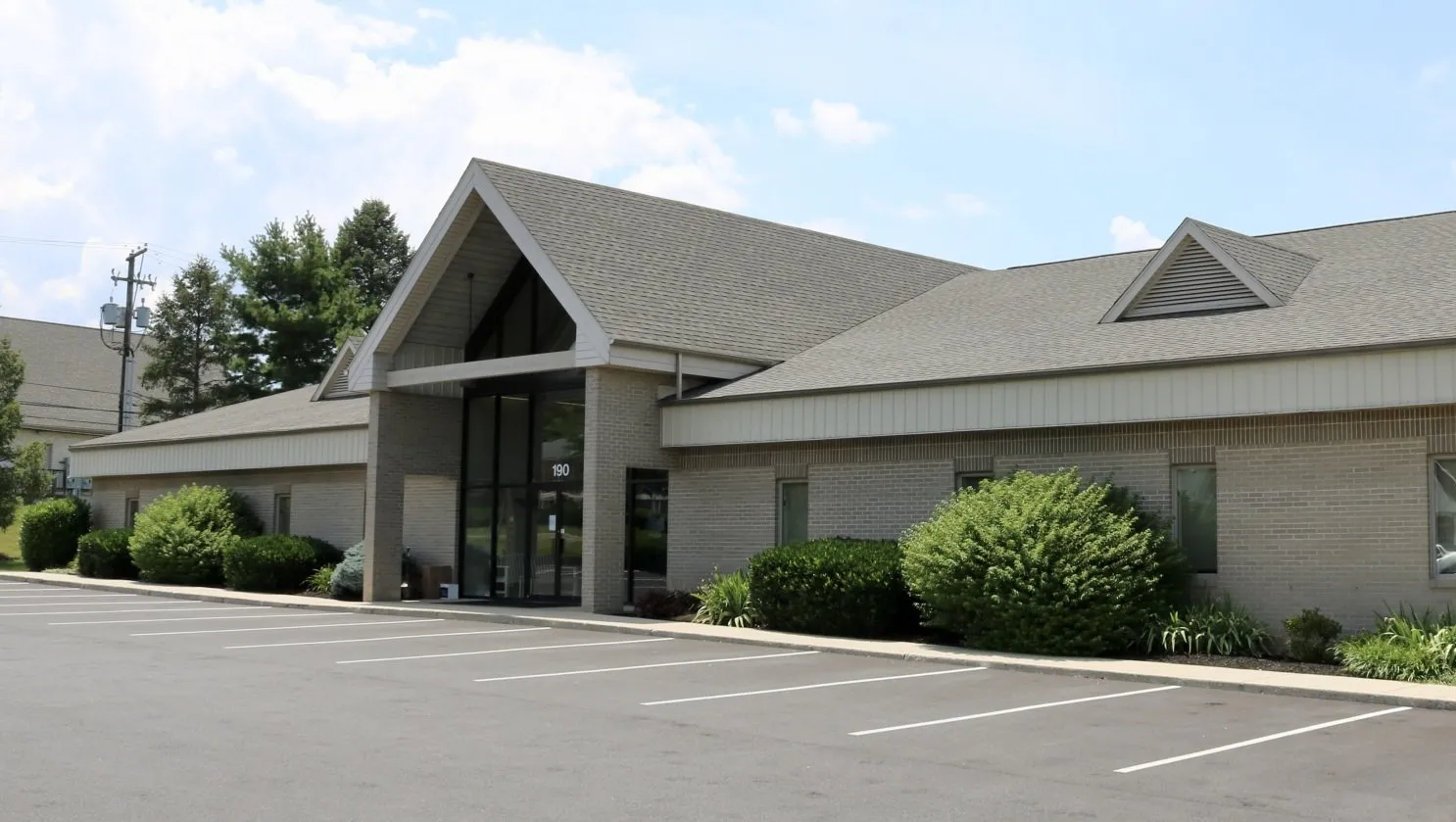Lancaster Office
Hershey Office
Lititz Office
Three Tooth Replacement Options To Consider When Replacing Missing Teeth

Whether it is for cosmetic or treatment purposes, every general dentist and oral surgeon aims at ensuring their patients enjoy strong and healthy teeth. They also focus on restoring your ability to speak clearly and eat/chew without difficulty.
Oftentimes, it can be challenging for many people to choose the best option for replacing their missing teeth. Each available option involves differing timelines to completion, various costs, and various pathways working with your dentist and an oral surgeon. Several of the options to consider are the following:
1. Fixed Bonded Dental Bridges
A fixed bonded bridge “fills the gaps” caused by missing teeth. This option is often less expensive than a dental implant and is completed by your general dentist. It involves filing down each of the neighboring teeth adjacent to the missing tooth space for crowns/caps and then bonding a multiple unit tooth bridge to the prepared teeth. The bridge is made of a metal base with a porcelain outer surface that gives the bridge a more natural appearance.
A fixed bonded bridge is cemented to the neighboring teeth and does not come out of your mouth like a removable partial denture and complete denture. Bridges do require an additional hygiene regimen by using proxybrushes and/or waterpiks to clean under the false tooth of the bridge. It is also important to remember that if either of the neighboring teeth that are part of the bridge would develop a cavity and be deemed non-restorable an extraction would be necessary. The bridge is then lost and only one tooth would be left rather than three. These are important things to ponder when considering a fixed bridge.
2. Dental Implants
Unlike traditional, conventional options such as removable dentures and fixed bridges, dental implants are the best for providing a natural feel and appearance when replacing your missing teeth. When teeth are lost, the bone in the space over time thins in all dimensions. Dental implants maintain your bone width and height and strengthen your jawbones (very similar to your teeth). Additional advantages of dental implants include:
Allowing You to Speak More Clearly and Eat Food with Ease
Missing teeth cause gaps between your existing teeth. When this happens, these gaps can make it hard to speak clearly and make similar sounds with your lips and tongue. At the same time, large gaps allow food to get stuck between the existing teeth, which can cause sensitivity and/or the development of cavities.
Also, patients with missing teeth tend to favor certain areas of the mouth where teeth are present. Oftentimes, this can place additional stresses on the remaining teeth and result in fracturing of the teeth or development of mobility of the remaining teeth. Replacing missing teeth with dental implants allows for patients to place equal forces when chewing that “share the load”.
Implants Prevent Misaligned Teeth Problems
When teeth are lost, your existing teeth over time will shift to fill the gaps. This can result in either crowding, instability, or malposed teeth that are difficult to clean and chew. Spaces may also cause supereruption over many years (a tooth drifting up or down in an attempt to chew your food).
Therefore, dental implants prevent bone loss and prevent the misalignment of your teeth giving you a more stable and natural feel as you speak and chew.
Implants Help Boost Your Self–Confidence
You might sometimes feel bad about your appearance and be reluctant to smile when you have missing teeth. With dental implants, you can start feeling better about your appearance, thus regaining confidence in your smile. Likewise, dental implants are a stable fixed tooth, which boosts your confidence. You can be less worried unlike with other removable options that require adhesive or must be removed each night before bed.
3. Full-Arch Implants (Full Mouth Rehabilitation)
There are times when a patients teeth are beyond the point of repair due to heavy cavities, extensive bone loss, or chronic health conditions such as diabetes or smoking. There are also times that a patient has invested a lot of time and money in dental work throughout their life and the work, with time, becomes compromised and begins to fail. When this happens, a patient may want not want to invest further funds to save the failing teeth and consider a more permanent fix.
Once the teeth are extracted, multiple implants are placed in the upper and lower jaw and after healing, they support a fixed prosthesis that engages the implants. This option allows the patients to chew with confidence as the prosthesis is screwed into the implants and is immobile, unlike dentures and partials.
How to Make Decisions Regarding Replacing Your Missing Teeth.
The decision to replace your missing teeth is often challenging and takes time and careful consideration. The process should always begin with your general dentist and should also include a consultation with an oral surgeon. The dentist and oral surgeon will help provide you with detailed information and pricing of each option prior to your final treatment decision. Here at Conestoga Oral Surgery, we recommend scheduling a consultation at your earliest convenience to discuss these options in greater detail with one of our board-certified oral surgeons.
Contact us today for a prompt solution.
- Mon - Thu
- -
- Friday
- -
- Sat - Sun
- Closed














